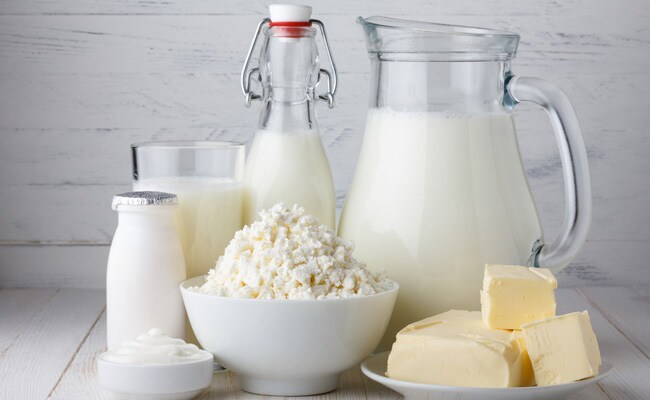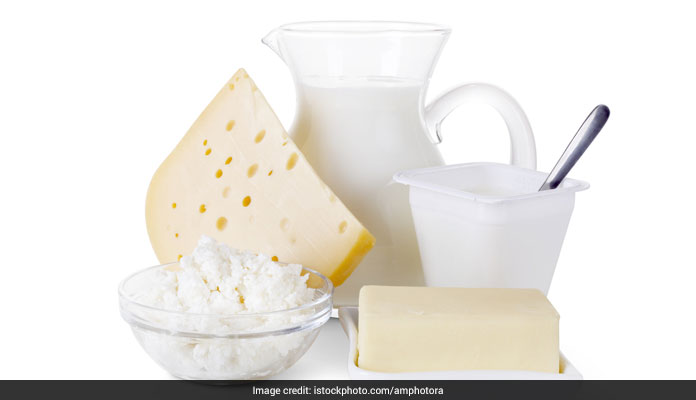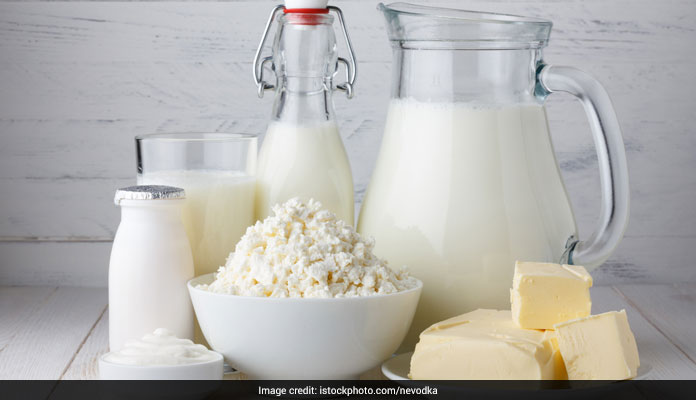The findings, published in the journal Lancet, showed that contrary to popular belief, consuming a higher amount of fat, about 35 per cent of energy is associated with a lower risk of death compared to lower intakes.

Consuming a higher amount of fat is associated with a lower risk of death.
HIGHLIGHTS
- Consuming a higher amount of fat is associated with lower risk of death
- A diet high in carbohydrates leads to higher mortality
- Raw vegetable intake was associated with a lower risk of death
On the other hand, a diet high in carbohydrates, of more than 60 per cent of energy, is related to higher mortality. "A decrease in fat intake automatically led to an increase in carbohydrate consumption and our findings may explain why certain populations such as South Asians, who do not consume much fat but consume a lot of carbohydrates, have higher mortality rates," said lead author Mahshid Dehghan from the McMaster University in Canada.

A diet high in carbohydrates is related to higher mortality.
Photo Credit: iStock
The study, involving more than 135,000 people across five continents, showed that people who consume three to four servings or equivalent to 375 to 500 grams of fruits, vegetables and legumes a day may be at a lower risk of death. Raw vegetable intake was more strongly associated with a lower risk of death compared to cooked vegetable intake, the researchers said.
"Our results indicate that recommendations should emphasize raw vegetable intake over cooked," added Victoria Miller, doctoral student at the McMaster University.
In another study, published by The Lancet Diabetes and Endocrinology, the researchers found that LDL or "bad" cholesterol is not reliable in predicting the effects of saturated fat on future cardiovascular events. Instead, the ratio of Apolipoprotein B (ApoB) and Apolipoprotein A1 (ApoA1) organising proteins in the blood give the best indication of the impact of saturated fat on cardiovascular risk.
Researchers have successfully proven that eating certain foods which have a high fat content are actually beneficial for us and also help in losing weight. Other than this they also help us to absorb certain vitamins and nutrients.
Read below to find a list of these amazing fatty foods.
1. Cheese
It's an excellent source of protein, vitamins and fatty acids. Moreover, it slows down the absorption of sugar and carbohydrates which leads to sustenance of your energy levels. The fatty acids which it provides can reduce the risk of diabetes.

A diet high in carbohydrates is related to higher mortality.
Photo Credit: iStock
2. Avocado
This mother nature's gift is loaded with fats. Its fat content is a whopping 77%. It is a good source of potassium and fiber and work wonders against cardiovascular diseases. It also produces Oleic acid which help in quietening down the hunger.
3. Dark chocolate
It has the highest content of pure cocoa butter, making it takes time to be processed and quietening your hunger in the process. It is also filled up-to the brim with anti-oxidants. Studies state that people who eat dark chocolate regularly are at a less risk of heart diseases. It also improves brain function.

Dark chocolate lowers cholesterol.
Photo Credit: iStock
4. Olive Oil
It helps lower the risk for heart disease, cancer, and diabetes. It also slows down the ageing process, making you look young and healthy. It also has a high anti-oxidant content which is very good for our body. A diet consisting of olive oil also has adiponectin which is responsible for breaking down the fats in the body.
5. Nuts
They are the perfect combination of fats, fiber and protein. People who eat nuts regularly have a low risk of diabetes, heart diseases and obesity. It also helps in keeping down your blood pressure and releasing stress in the process.
With inputs from IANS
DoctorNDTV is the one stop site for all your health needs providing the most credible health information, health news and tips with expert advice on healthy living, diet plans, informative videos etc. You can get the most relevant and accurate info you need about health problems like diabetes, cancer, pregnancy, HIV and AIDS, weight loss and many other lifestyle diseases. We have a panel of over 350 experts who help us develop content by giving their valuable inputs and bringing to us the latest in the world of healthcare.












